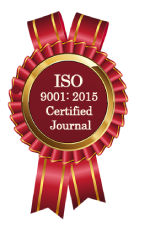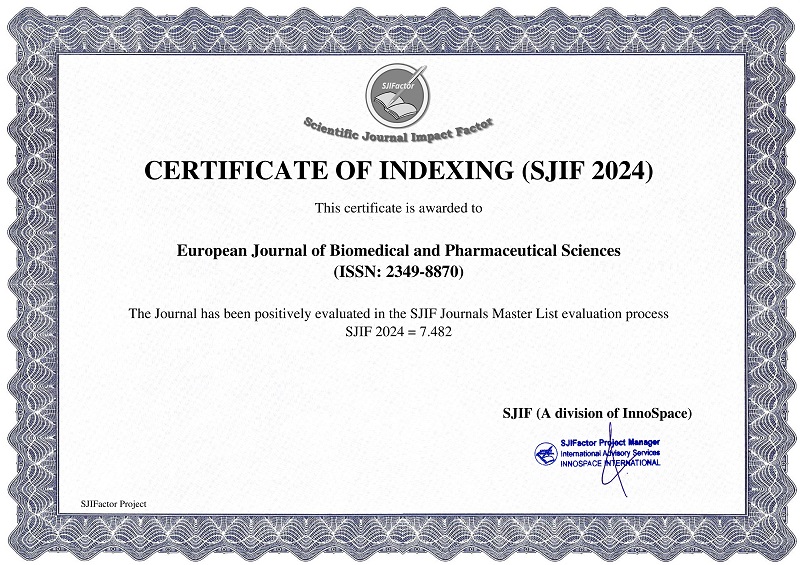ANTICANCER EFFECT OF BERBERINE: REGULATION OF DEATH SIGNALING PATHWAYS
Saada Diab, Dima Diab, Antoine M. Saab, Roberto Gambari, Mona Tannoury, Sayed Antoun, Fadi Esseily, Bertrand Liagre and Mona Diab Assaf*
ABSTRACT
Medicinal herbs had been used as an anticancer therapy. In the last decades, many alkaloids extracted from these herbs are characterized by its antitumor activity. Berberine, as the major component of Berberis plant, was exclusively studied over the last decades. Its effectiveness as an anti-inflammatory reagent, anti-depressor, antibacterial, antiviral, anti-diabetic and more had put it as a center of research especially as an anti-cancer reagent. This inhibitory effect of Berberine was elucidated by the anti-proliferative effects on different type of cancer as lung, breast, colorectal, Bladder, Glioblastoma, and leukemia by regulating different signaling pathways like PI3K/AKT, JAK/STAT, NF-κB/COX-2, Map-kinase pathway, the accumulation of ROS in the mitochondria as a result of the oxidative stress and other pathways are able to active the apoptotic molecules and senescence pathway. Recently the Autophagy induced cell death by berberine was also demonstrated as a third type of programmed cell death playing a special inhibitory effect on tumors. Here in our review we are going to resume the most recent work on Berberine by highlighting and discussing this activity.
Keywords: berberine, cancer, signaling pathways, autophagy, apoptosis, senescenc.
[Full Text Article]
[Download Certificate]


 Impact Factor : 8.181
Impact Factor : 8.181 






